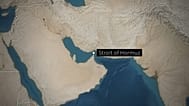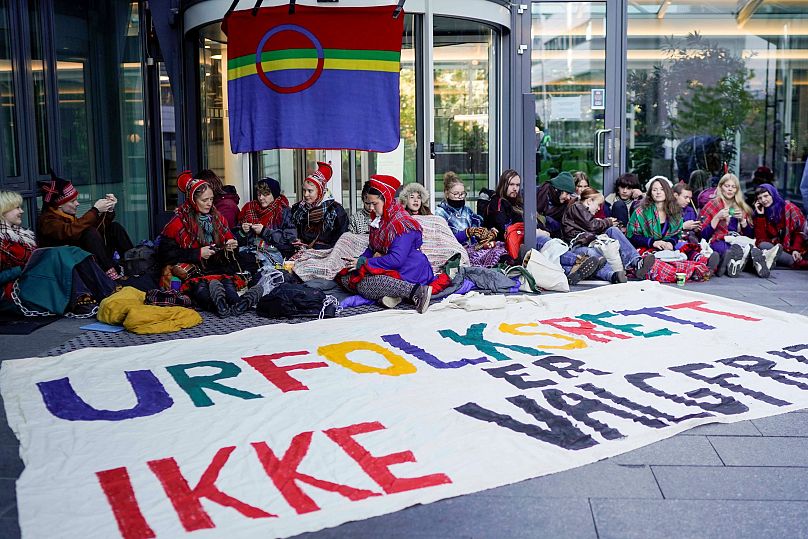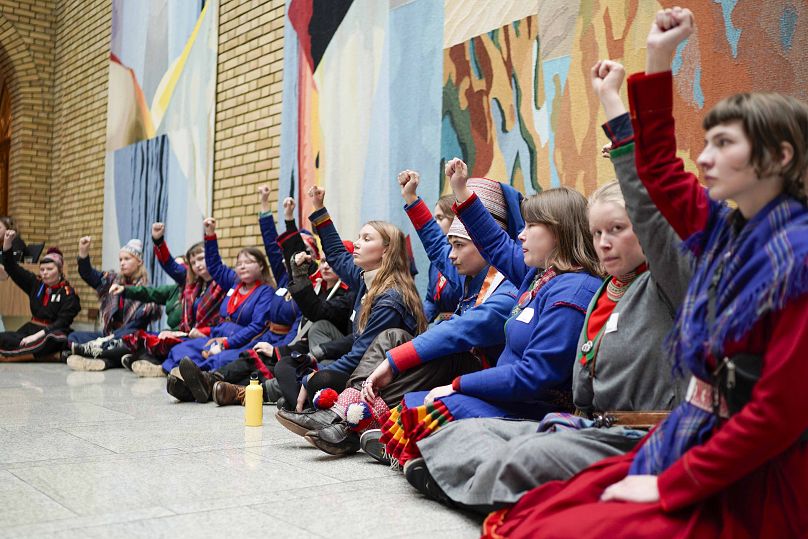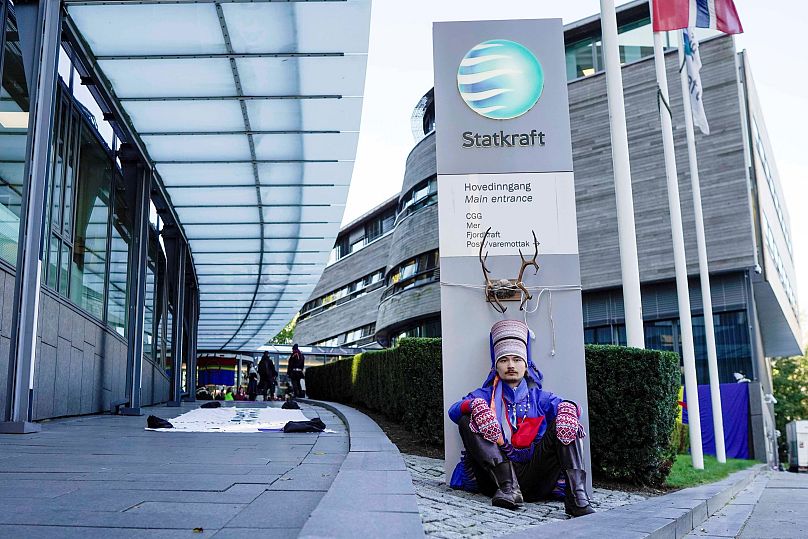The activists say a transition to green energy shouldn’t come at the expense of the rights of Indigenous people.
Greta Thunberg is among dozens of activists protesting outside the office of Europe’s largest onshore wind farm operator in Norway today.
 ADVERTISEMENT
ADVERTISEMENT
 ADVERTISEMENT
ADVERTISEMENT
It doesn’t sound like the most likely place for the famous young Swedish climate campaigner. But Thunberg has been unwavering in her support for the indigenous Sami people, who have been fighting the turbines for years.
In October 2021, the Supreme Court of Norway ruled that the construction of the turbines had violated the rights of the Sami, who have used the land to herd reindeer for centuries.
But the 151 turbines in central Norway’s Fosen district (about 450 kilometres from Oslo) are still standing tall, despite the ruling and repeated protests by activists to get them taken down.
"Indigenous rights, human rights, must go hand-in-hand with climate protection and climate action. That can't happen at the expense of some people,” Thunberg said during a previous protest this year.
She travelled back to Oslo today after receiving a €400 fine in Sweden’s Malmo District Court yesterday, for refusing to leave a Swedish oil terminal protest in July.
Utility firm blockade follows Norwegian parliament protest
On Thursday, the activists sat down on the ground outside the building in Oslo of Statkraft, a state-owned company that operates 80 of the wind turbines at Fosen.
“We expect to block all visible entrances,” activist Gina Gylver told the Norwegian newspaper Dagsavisen.
Police spokesman Sven Martin Ege told Norwegian news agency NTB that around 100 protesters have said they want to prevent employees of Statkraft from entering their workplace after which it was decided that they will work from home.
Late on Wednesday, a group of about 20 Sami, many dressed in traditional garments, staged a protest in a central hallway inside the Norwegian parliament.
They were removed by police after refusing to leave the premises. Hundreds more had gathered on the main street leading up to Norway’s parliament, the Storting.
How has the Norwegian government responded?
Prime Minister Jonas Gahr Støre has acknowledged “ongoing human rights violations” and the government has repeatedly apologised for failing to act despite the Supreme Court ruling.
But Energy Minister Terje Aasland has said that the demolition of all wind turbines at Fosen now, as the protesters demand, was not relevant.
“We cannot have renewable energy that violates human rights," Thunberg said, according to NTB.
"Statkraft and other owners must step forward and demand a solution to the Fosen case, so that green energy is developed in the right way in the future without violating the rights of Indigenous people.”
In June, activists protested outside Gahr Støre’s office. They occupied the Ministry of Petroleum and Energy for four days in February, and later blocked the entrances to 10 ministries.





















